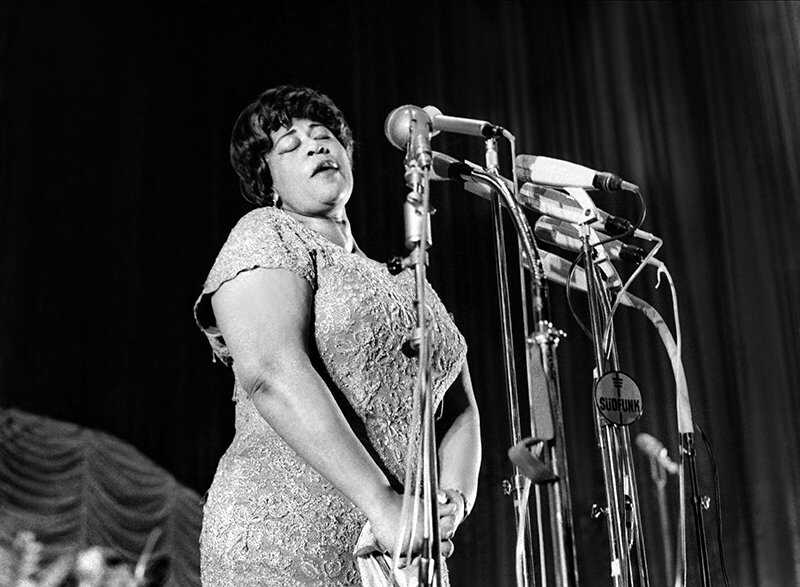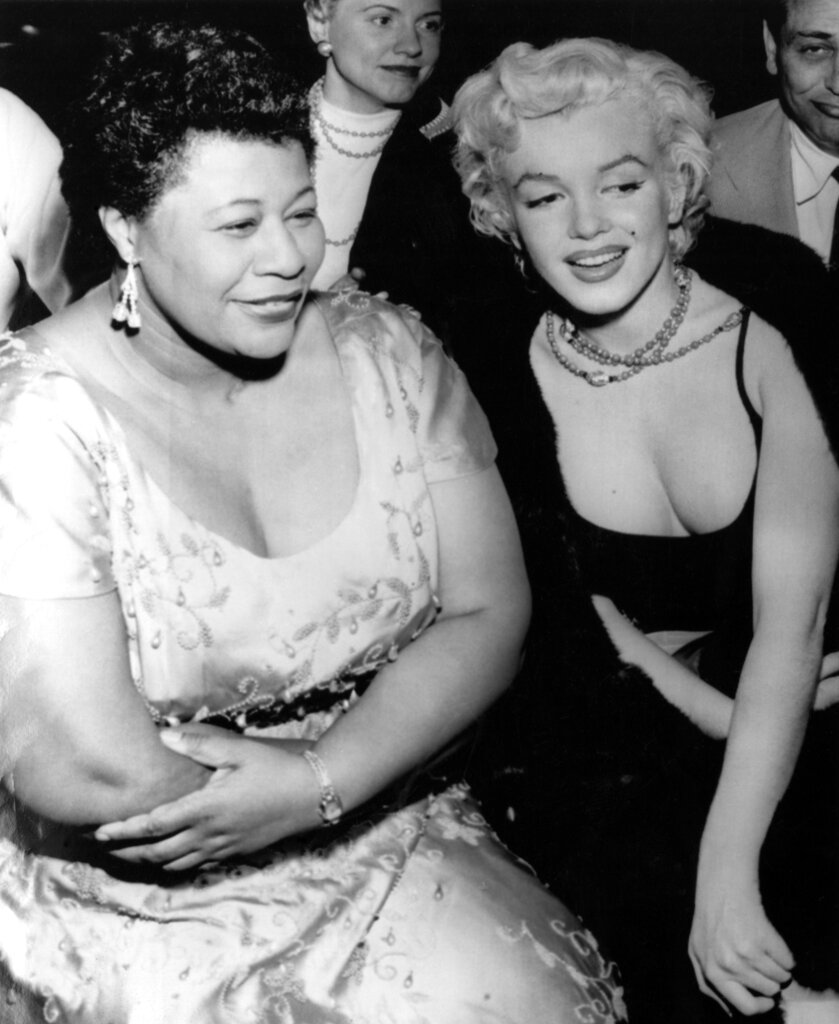It’s impossible to talk about the golden age of American music without mentioning Ella Fitzgerald, the woman whose legendary voice and fearless spirit transformed jazz for generations to come. Known simply by her first name, Ella was the definitive trailblazer, often referred to as “The First Lady of Song.” As we honor her contributions this Black History Month, we celebrate not just her musical achievements but also the barriers she shattered throughout her storied career.
Born in 1917 in Newport News, Virginia, Fitzgerald’s journey to immortality began humbly. Orphaned as a teenager and hardened by the Great Depression, she found salvation in music. But racial barriers loomed large: Early in her career, she was denied entry to segregated venues, even as her star rose. Yet, by the 1950s, that same voice, flexible, crystalline, and impossibly agile, would command stages from New York’s Copacabana to the grandest concert halls of Europe, dismantling divides one note at a time.
In 1934, Ella’s name was drawn in a weekly raffle at the Apollo, granting her the chance to participate in Amateur Night. That evening, Ella arrived at the theater intending to perform a dance, but after the energetic Edwards Sisters concluded the main show, she reconsidered her decision. “They were the most dynamic sisters out there,” Ella remarked, and she believed her performance would fall short in comparison.

When Ella stepped onto the stage, she was met with a chorus of boos and whispers of, “What’s she going to do?” from the unruly audience, prompting her to make a last-minute choice to perform. She requested the band to play Hoagy Carmichael’s “Judy,” a song she was familiar with, as Connee Boswell’s version was one of Tempie’s favorites. Ella managed to quickly calm the crowd, and by the time the song ended, they were shouting for an encore. She graciously complied and performed the flip side of the Boswell Sister’s record, “The Object of My Affections.”
Ella’s singing style was as limitless as her ambition. She seamlessly shifted from sultry ballads to energetic jazz numbers without skipping a beat, her voice being both versatile, expansive, and timeless. One of her most remarkable talents was scat singing. This improvisational method allowed her voice to imitate instrument sounds, turning every performance into a lively musical fabric.
Her accolades read like a crescendo: 13 Grammy Awards (including the first ever bestowed on a Black woman), over 40 million albums sold, and a Presidential Medal of Freedom. But numbers barely capture her influence. She shared stages and studios with titans Duke Ellington, Count Basie, Louis Armstrong, and Dizzy Gillespie. Yet contemporaries often joked that they were the ones honored to work with her.

Her 1938 breakthrough “A-Tisket, A-Tasket” catapulted her to fame, but it was her Song Book series of the 1950s-60s, interpreting classics by Cole Porter and George Gershwin, that cemented her as a cultural architect. Critics called these albums “the greatest American popular songs ever recorded,” and modern stars from Adele to Lady Gaga cite them as gospel.
Yet, for all her polish, Fitzgerald radiated warmth. Offstage, she was famously humble, deflecting praise with a chuckle. “I just want to hear the rhythm,” she’d say, “and let myself go.”
Ella Fitzgerald died in 1996, but her voice remains a living force. Streaming platforms have introduced her to Gen Z, while samples of her recordings anchor hip-hop tracks. This Black History Month, as tributes pour in, her story resonates anew: a Black woman who turned systemic “no’s” into a symphony of “yes,” proving that genius cannot be silenced.
